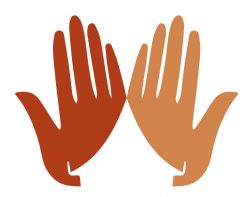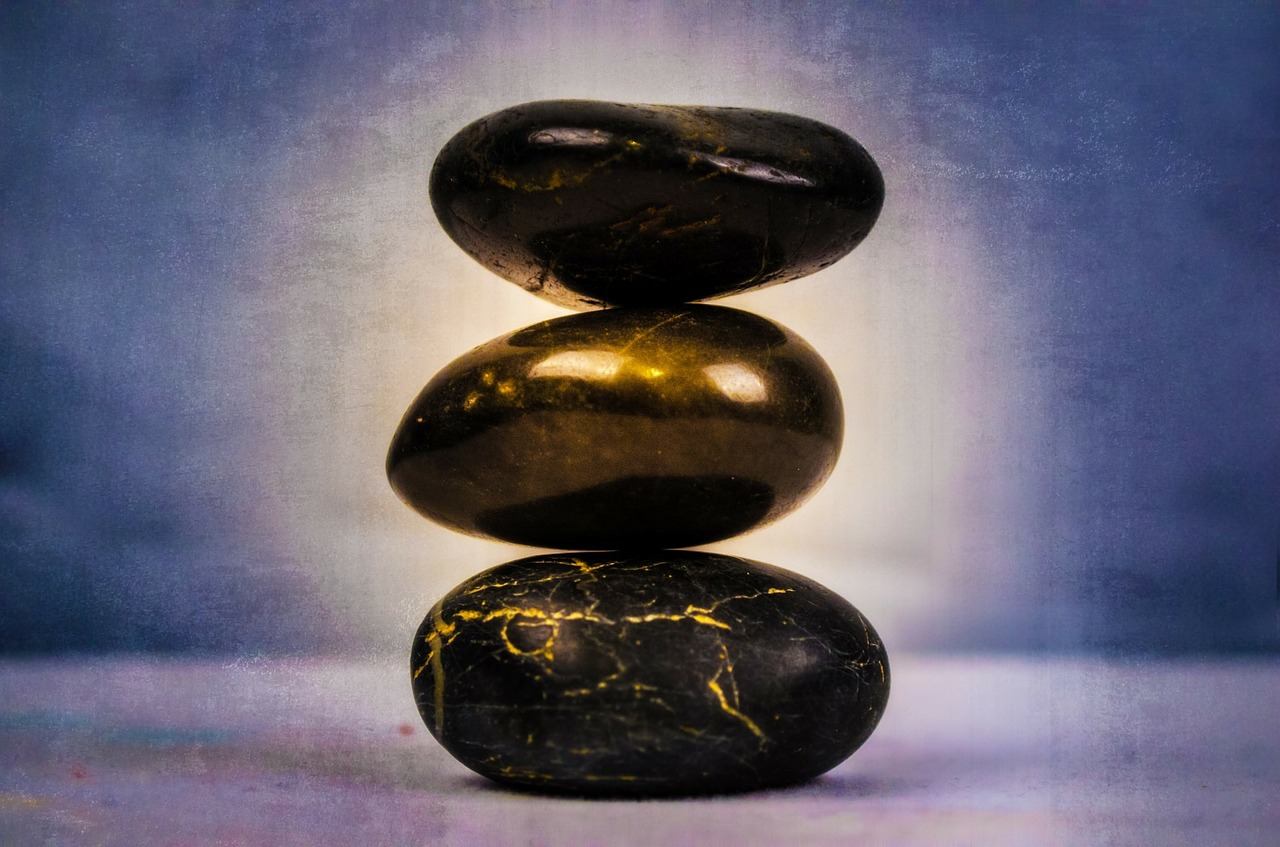Question. What do we think Karma is?
The usual answer is that it is some sort of cosmic balance which influences our lives and always comes back to bite us. If you do bad stuff, then bad stuff happens. This view is closer to the Traditional Indian Vedic view of Karma which is also present in the Hindu religion.
In Buddhism, it is a little different. Firstly, the word “Karma” is translated as action. The result of our actions is what we call Karma Vipaka. Some weeks ago we looked at the law of dependent arising or conditionality. Karma, sits right in the heart of dependent arising, as far as our minds (and therefore our actions) are concerned.
Essentially Buddhist thinking sees our minds as exhibiting mental habit. When certain situations arise, we fall into the ruts of our habitual mental behaviour and therefore, we always act in the same way.
Because of this, we always fall into the same traps. We are victims of our Karma.
Note also here that the Buddha said that there are 3 things that can affect us in our lives. Natural events, other people’s Karma and our own Karma. So this is very much a departure from the traditional Vedic view because it means that stuff can happen to us which is either pure bad luck or good fortune. It’s not always our fault! (As an aside, this is certainly a healthy view. In India for a while there was a behaviour, coming out of the Vedic tradition, of not giving money to charity to help those less fortunate. Because those less fortunate people were atoning for previous actions and their Karma should not be disturbed!)
So we have Karma, the action and Karma Vipaker, the result. Let’s simplify this and simply call them karmic action and karmic result.
How do we bring this into our meditation? Last week, we looked at the 5 constants of the mind. So we have Contact, Feeling, interpretation, will and attention. In particular, we focussed on interpretation, noticing how mental objects arise in the mind and the mind cuts in once the initial experience of the mental objects has happened and overlays other mental process and objects.
We can now look at all these constants and see and feel how Karma interacts. Sitting in meditation we can experience the habitual nature of our minds and see how it leads us forward.
From a Karma perspective, there is a difference between these 5 constants.
Contact. As we said last week, contact is pure experience. There is very little involvement from our mind at this stage. Mainly it is subconscious. So we can say for definite that this can only be Karma result. Either as a result of our own previous actions, from other people or from nature.
When we look at the Vedanas, the next stage in our experience we can definitely start to understand the thinking behind Karma. Here we are still looking at karmic result but we can see how our past thoughts and actions have become mental habit and these start to influence our reaction to experiences.
Interpretation is primarily influenced by karmic result but there can be a certain amount of deliberate conscious interpretation at this point and therefore karmic action. Therefore this is a good place to begin our mindful noticing in our examination of Karma. We can see the seeds of our mental habit if we pay attention here. We can see how our subconscious rooted beliefs and prejudices perhaps bubble up and apply interpretation to the sense contact and influence our likes and dislikes.
Will. Very appropriate for this discussion. If we are going to choose how we start to steer our Karma vipaka, our karmic result, it is here where we go to work. Although our Karma is in us, we can start to decide how we direct our thoughts. Unskilful thoughts arise in all of us. Through practising we can start to see how they build unskilful mental habit and therefore harm us.
Attention. This can be skilful or unskilful so we have to take care with this one. A sniper has a very concentrated type of attention but the practise, I don’t consider, to be very skilful, from a spiritual perspective. So will and attention go hand in hand as we direct our minds towards thoughts that are compassionate and skilful. Over time we will begin to notice how our responses to things change and therefore both our mental and our physical actions.

